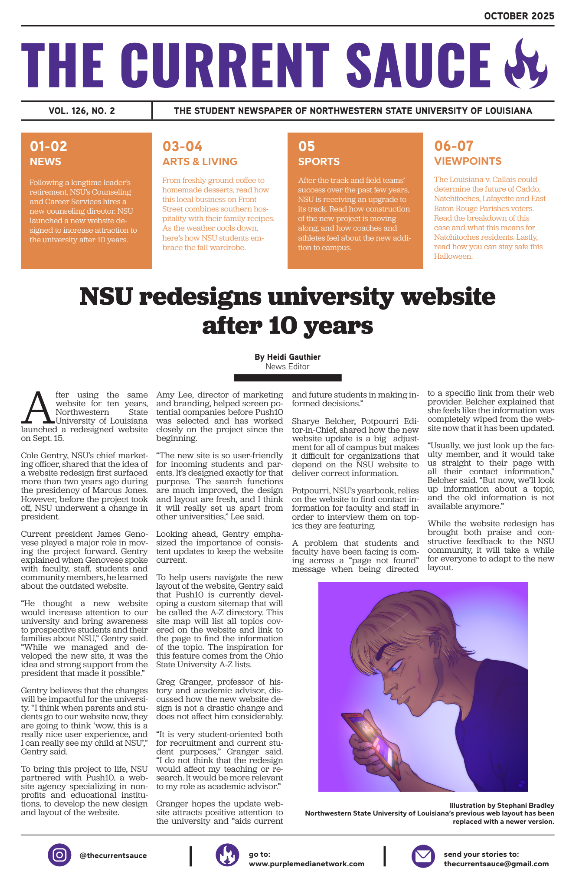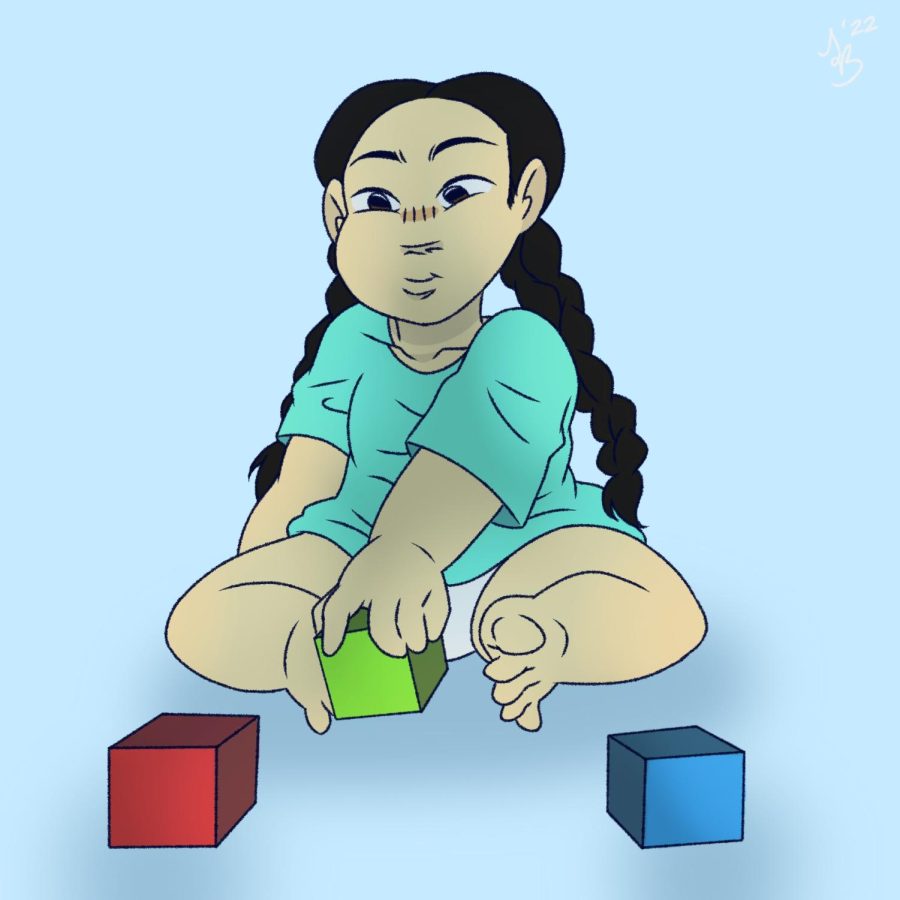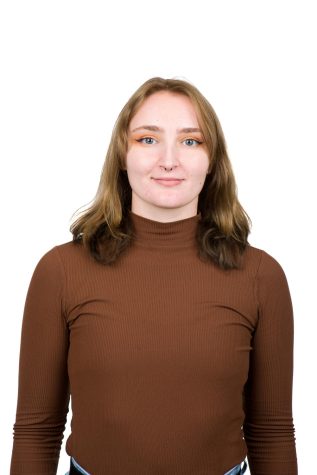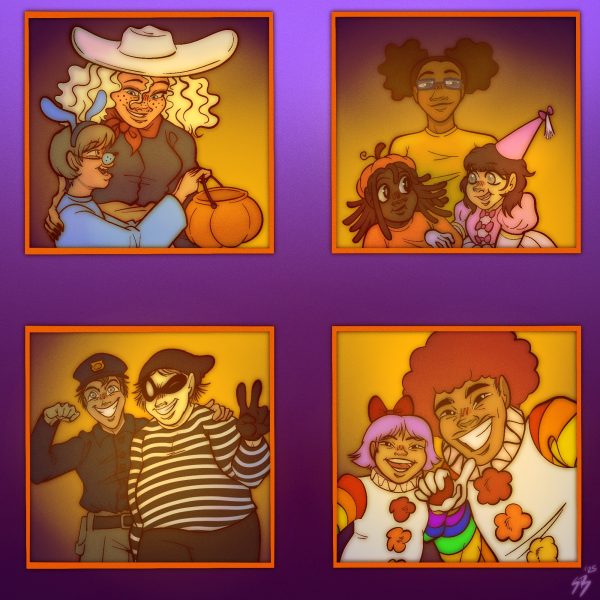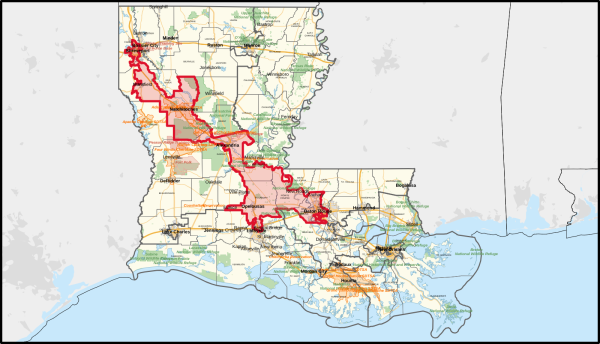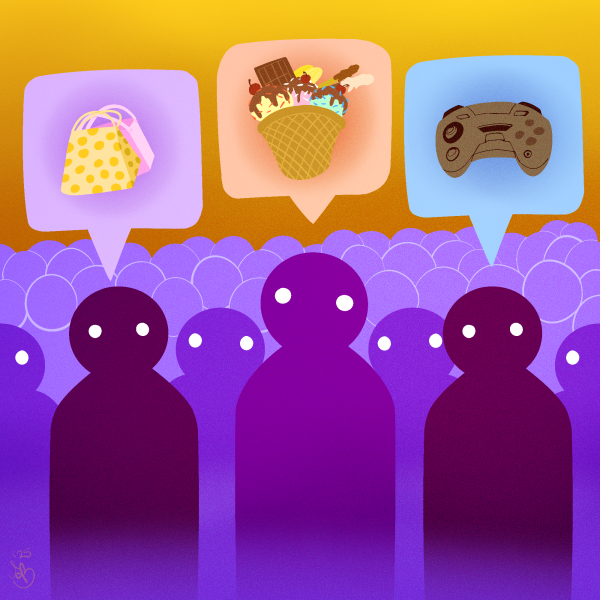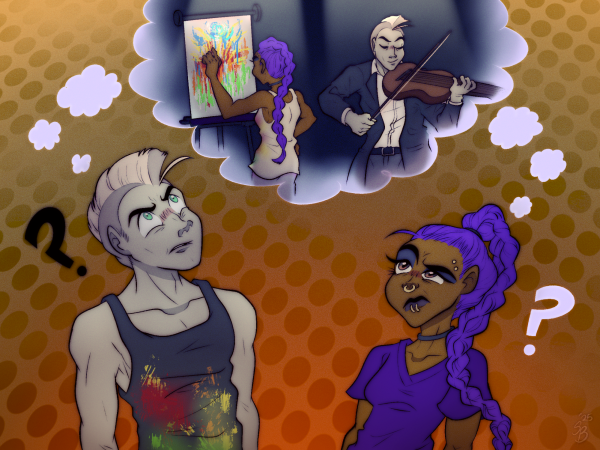The autistic spectrum is broader than most people know
Individuals with autism may find it difficult to communicate their thoughts and feelings. It’s vital for everyone to understand who someone with autism is before making assumptions.
One, two, three times you tap on the table. One, two, three, times you click the lock to your car, jiggling the handle on occasion to double check. You cannot sleep with socks on in bed and you have a favorite blanket that you always walk around your home with. Your favorite cup holds your favorite type of drink, and sometimes you get upset when that cup is dirty and you have to use another. People have told you that you are odd, unique, even weird. You choose to take that as a compliment or not. Who wants to be like everyone else, right?
All of these are signs of the mildest form of autism, barely even on the spectrum at all. You may do some of these, or you may identify with all of them. But now you may be panicking because I brought up the word autism, and your stereotype sensors are flashing bright red and you see one type of autism and you are saying no, I do not have that.
No, you may not, but you, like more of the world than you think, may be on the spectrum.
In fact, it is listed as a common disorder on Mayo Clinic. The spectrum is broad enough to include undiagnosed cases, which are even more so common than diagnosed or medicated.
Studies have also shown that the most commonly linked mental illnesses alongside autism are Attention-deficit/hyperactivity disorder (ADHD), Anxiety, Depression, Obsessive compulsive disorder (OCD), Schizophrenia and Bipolar Disorder. 60 to 70 percent of people with these disorder also have a form of autism, if the autism isn’t the immediate root source of these disorders.
So, the spectrum for everything is very broad and very confusing but the fact remains that autism is more common than people want to let on.
Yet despite that, lately I have realized many people do not think of autism as they should. Autism is a spectrum full of twists and turns and associated illnesses and linked disorders that are often not seen together. That should not be the case.
I encourage you to do research, to do the online tests and to listen to people tell their stories before you assume autism is one niche issue that only has to do with social disorders and OCD tendencies.
Autism is so much more than someone being unable to communicate efficiently, read social cues or function in society. Autism is a wide disorder with many linked causes that are the source of many other disorders mentioned earlier.
This goes for more than just autism and my personal example, ADHD. This goes for any and everything you have been exposed to, and that which you have yet to learn about.
Be aware, be proactive, and especially, be open to the possibilities of your world, no matter what your stereotypes or assumptions are.
A disorder is not an end, it is a beginning to learn, and figure out how you are unique, just as every human on earth is. No one person is similar, and no one will fit into a box. We are human shaped. Always know that you cannot help others if you yourself need that help first.
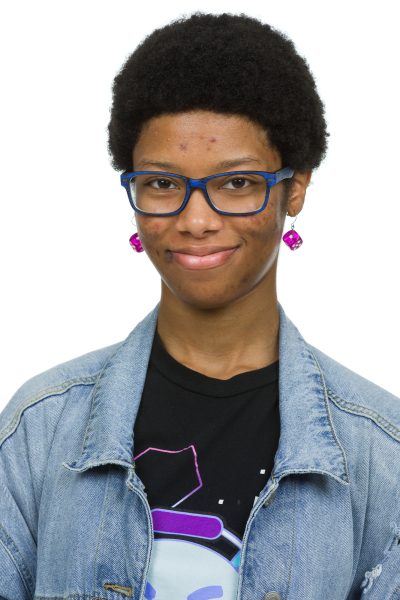
Stephani Bradley is a senior fine and graphic arts major with minors in film, creative writing and English. This will be her final semester working for...

